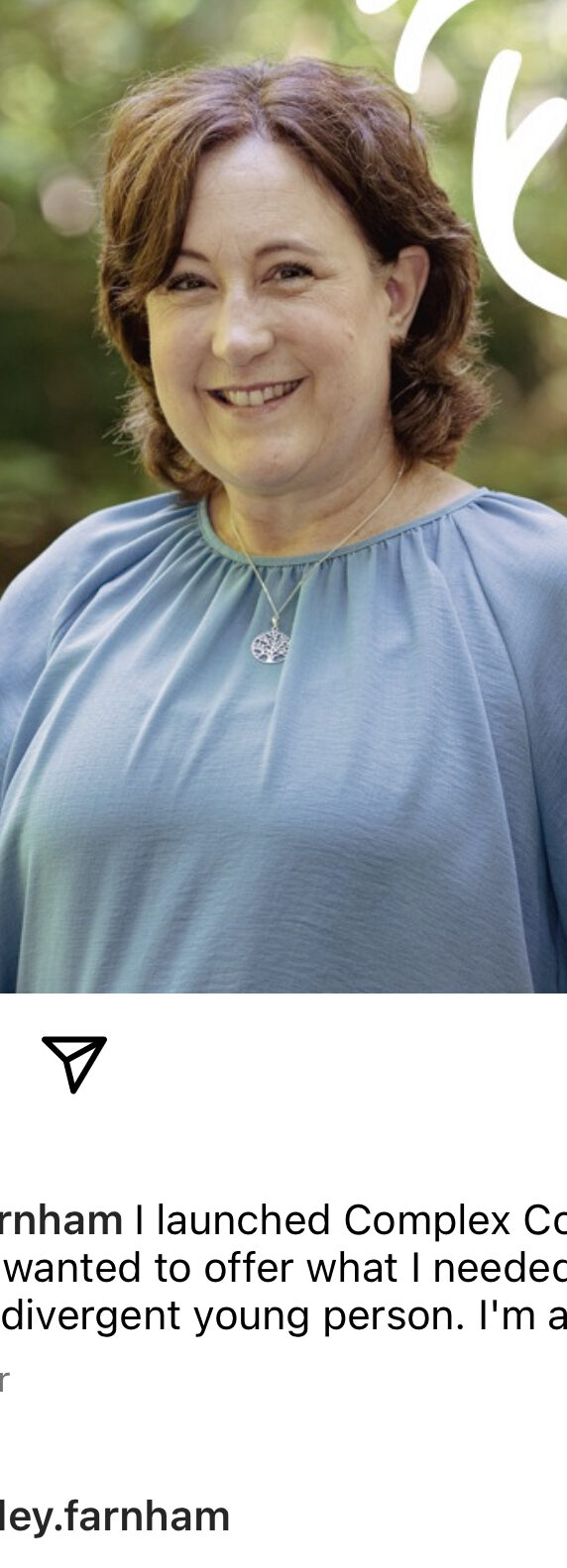If you ever sit down with colleagues to design a curriculum for your school’s mathematics learning journey, you may find it somewhat paradoxical. In some ways it can feel like you’re trying to discover a progression that already exists beyond your school and is more to do with the ‘nature of maths’. On the other hand, it seems obvious the curriculum design you should end up with should be yours, bringing with it a sense of ownership and an accompanying enthusiasm to implement thoroughly, leading on to the desired impact on student learning.
This tension between ‘the universal’ and ‘the individual’ won’t leave you throughout the entire curriculum-design process. In the end, the best bet for a team tasked with the design of a school’s mathematics curriculum is to accept, and perhaps enjoy, finding this balance. In fact, this acceptance leads on to an identification of several aspects of curriculum design that I think will prove useful in maximising the ‘pros’ of making Mathematics yours…and reducing the ‘cons’!
- Dependencies and Choice
The biggest breakthrough with regards curriculum sequencing is the realisation that there are some learning points that have an inarguable chronological order. In the sense that one can’t double 24 before one can double 20 (or 4), doubling 24 is dependent on earlier learning points being secured fluently. Yet at the same time, there are places where the sequence of learning is more open, particularly when considering integrating different progression pathways and topics into long, medium and short-term planning. Identifying such dependencies and discussing such choices can lead to a more productive use of limited collegiate time.
- Detail and Manageability
The more one breaks down each step of mathematical learning the more doors into detail one opens. Yet, an atomised curriculum can soon become unmanageable as its complex network of interconnections organically grows out of control. Clearly, balance is needed in terms of constructing a detailed, accurate and well-resourced curriculum sequence, yet leaving non-specialist colleagues and students with a manageable view of what you are trying to achieve.
- Instruction and Problem Solving
Mathematical curriculum content is not uniform. At times one needs to instruct learners on factual, conceptual and procedural knowledge. At other times, students need time and space to solve problems and construct such knowledge for themselves. This is much more a continuum than a blunt separation, and the varying pedagogical expertise around it impacts profoundly on teaching style. Building this appreciation into the curriculum design can lead to huge leaps in teacher clarity once it is achieved. It can also provide a wonderful platform for future professional development discussions, however the process of mapping curriculum content on this continuum is quite time consuming.
- Prescription and Flexibility
Another theme of balance lies within prescription and flexibility. Agreeing a sequence of learning that integrates prior-learning dependencies, details of interconnections, expectations of teaching style, not to mention the unavoidable accountability of standards, can leave you with what looks like a prescriptive teaching schedule. However, the nature of maths needs to be seen alongside the nature of teaching, and so clearly no design will be perfect. Hence the need to weave a school-improvement dimension into your curriculum design, and this means creating space for teachers to experiment (research), and, in doing so, find new thoughts and more accurate balances of the issues mentioned here. This approach gives an inbuilt opportunity to progress the overall design over coming months and years.
Overall then, mathematical curriculum design success comes not so much in from drilling down into the black hole of sequencing, but more in the collaboration involved in finding higher-level issues that provide a team of teachers with a common perspective on making sense of the complexity of Maths, and rotating that into a meaningful and progressive curriculum design.










